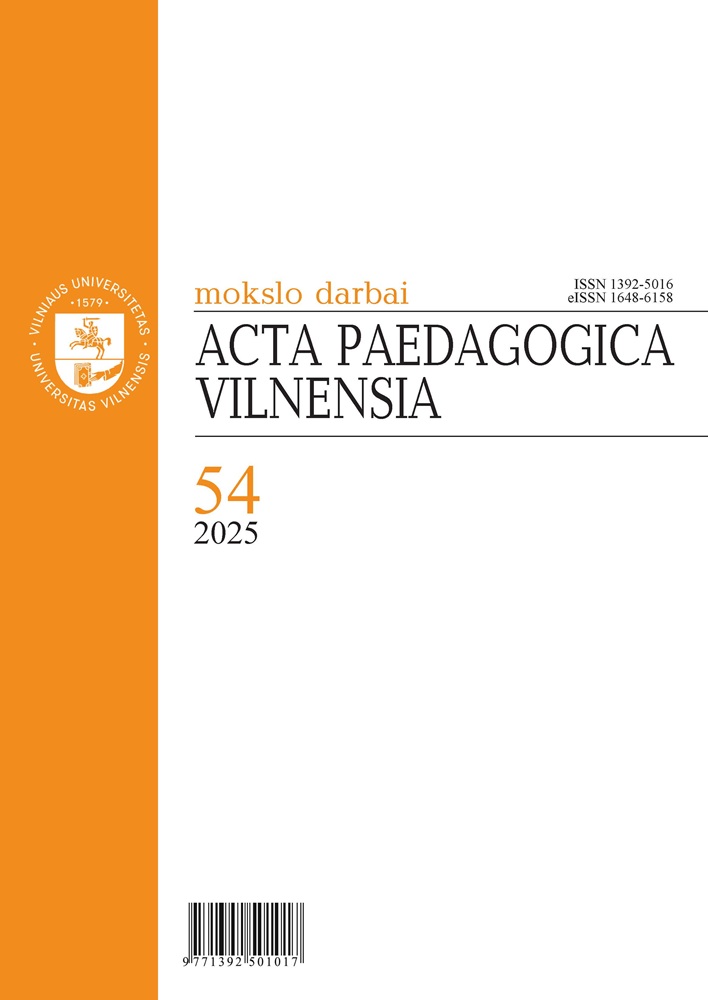Abstract
Curriculum transformation is critical for higher education to meet the changing needs of society and industry in a volatile, uncertain, complex and ambiguous world. However, there is little consensus among stakeholders on its definition and implementation. This qualitative research explores understandings of curriculum transformation and the processes involved in its realization. Findings highlight three key dimensions in conceptualizing curriculum transformation: dynamic and adaptive change, the transformation continuum, and regulated change. The study reveals that the process of curriculum transformation is complex, structured and evolving, and involves information gathering and structural design. While highly contextualized, curriculum transformation generally falls between two models: a top-down approach driven by government influence, or a decentralized, bottom-up change process. Academics in Higher Education Institutions may adopt the integrative meaning of curriculum transformation proposed in this study to facilitate curriculum transformation in a holistic way in a volatile, uncertain, complex and ambiguous context.

